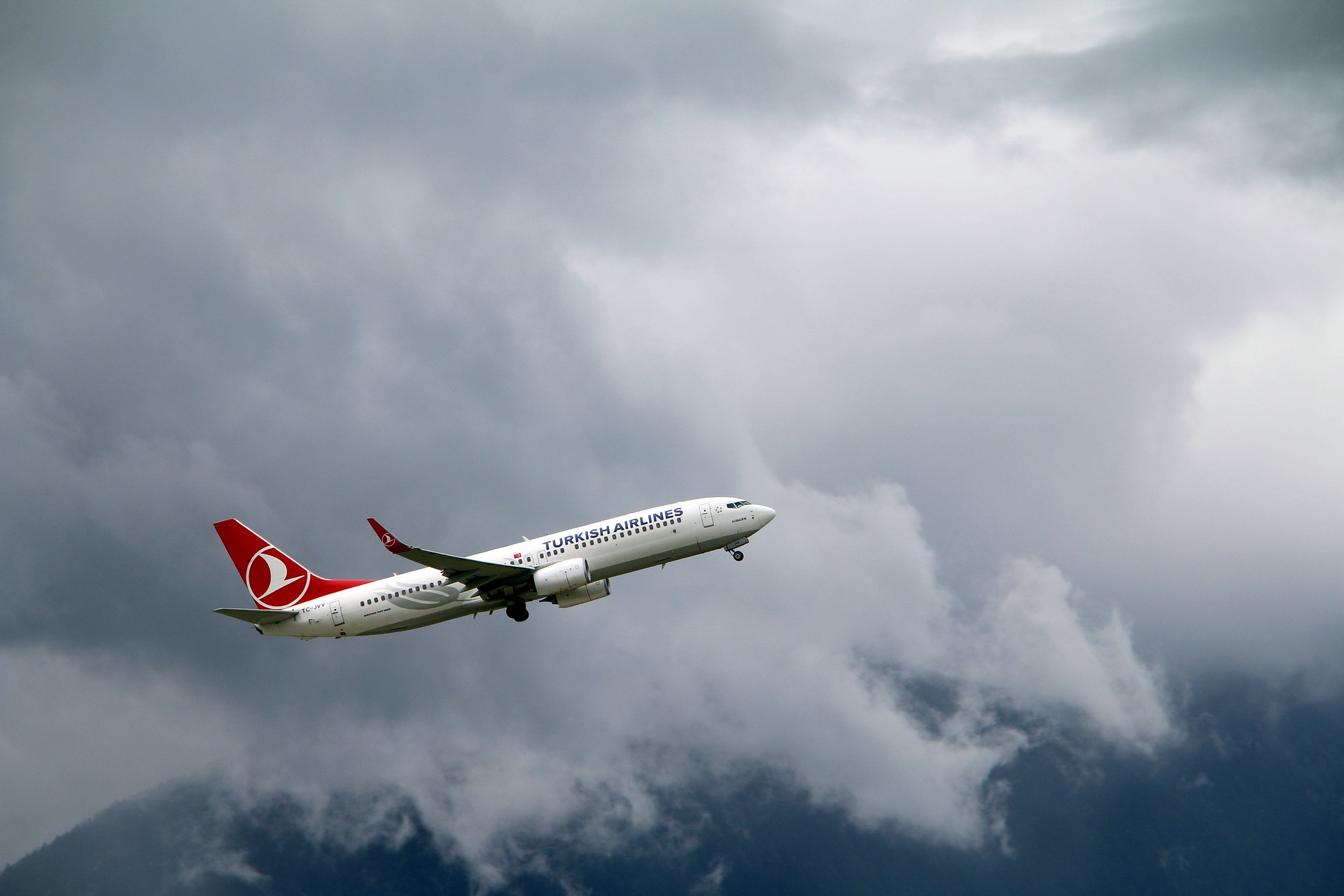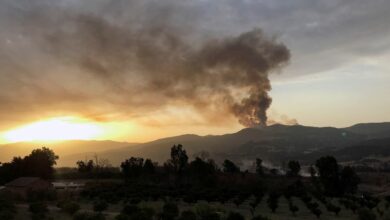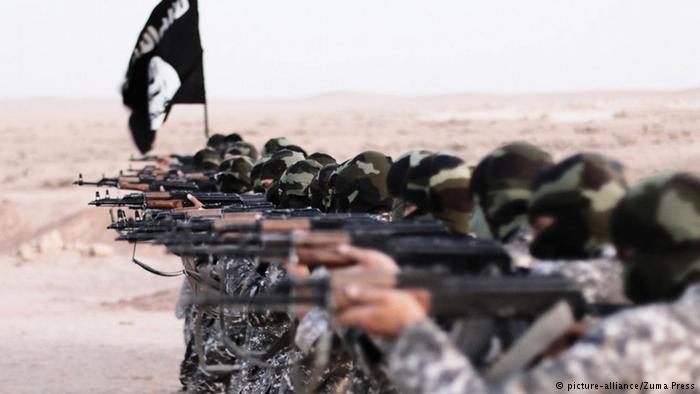
On Algeria’s streets and on social-networking platforms, the rumors abound: "The president’s health is deteriorating"; "The president has been sent abroad for treatment"; and "Where is the president?"
Algerians are used to hearing such rumors whenever President Abdelaziz Bouteflika disappears from public view. State media usually counters such speculation by declaring: "The president’s health condition is fine; he is exercising his duties as normal."
Since mid-November, when Bouteflika disappeared from public view for several days, Algeria has heard a rash of such rumors.
Widespread speculation about the president’s health has prompted Prime Minister Abdelmalek al-Sallal to repeatedly declare that he was "in daily contact" with Bouteflika, who, he insisted, "has not left the country and whose health condition is stable".
The president, al-Sallal has asserted, "is closely following the country's affairs and issuing instructions [to government officials] every day".
The rumors first began in earnest in April of 2013, when the 78-year-old Bouteflika suffered his first stroke.
The stroke, however, which affected his ability to move, didn’t stop Bouteflika from winning a fourth five-year presidential term the following year.
The country’s political opposition frequently cites Article 88 of the Algerian constitution, which calls for the president to step down — and for early elections — if he is unable to carry out his duties due to ill health.
Pro-government forces, for their part, insist Bouteflika is performing his responsibilities as normal and that he will remain in office until his term expires in 2019.
They frequently describe the long-serving leader as "a safety valve for the country amid a volatile regional and international situation".
Complex politics
The spate of recent speculation — and the lingering possibility of the president’s sudden demise — has prompted political observers to mull potential post-Bouteflika scenarios.
"The next phase is ambiguous due to the complex nature of the Algerian political system," Hassan Zahar, chief editor of Algeria’s private Al-Hayat newspaper, told Anadolu Agency. "But in regard to the president’s health, anything’s possible."
"The quest for a presidential successor has gone through many changes," he added, "especially given that the gears of power in Algeria have recently shifted from intelligence and military circles to actors linked to the presidency."
Zahar was referring to a landmark decision that Bouteflika made in September, when he forced Gen. Mohammad Mediène, the country’s longstanding intelligence chief, into retirement after a quarter-century and replaced him with Athmane Tartag, his advisor for security affairs.
For more than two decades, Mediène had been considered the country’s most influential military figure, dictating much of state policy from behind the scenes and earning him the moniker "maker of presidents".
Rabij Lounici, a history professor at the University of Oran, told Anadolu Agency that, since Mediène was sidelined three months ago, "the army's role in manufacturing presidents — which had been enormous since the country's independence in 1962 — no longer exists".
According to Lounici, the president’s current circle consists of Algerian politicians and businessmen who, he said, "are linked to the global capitalist network and who seek to ensure their economic interests".
Members of this group, Lounici said, "are now working to appoint a presidential successor from among their own circle with a view to safeguarding their interests and maintaining their influence".
Likely successors
Algerian media commentators and political personalities now frequently refer to "the growing influence of Bouteflika’s circle in decision-making", pointing in particular to Ali Haddad, the chief of Algeria’s Heads of Institutions Forum, the country’s largest business forum.
Meanwhile, some have raised doubts that the aging Bouteflika — especially given the recent rumors of ill health — would live to serve out the remainder of his term.
"I think the likelihood of reaching 2019 under the current leadership is slim," said Zahar. "It’s possible that we will see early presidential elections before then."
When asked about possible successors to the presidency, he mentioned Mouloud Hamrouche, who served as prime minister from 1989 to 1991, and veteran diplomat Lakhdar Brahimi, who until recently served as the UN’s Syria envoy.
Other possible contenders, added Zahar, include current Prime Minister al-Sallal; Amar Saadani, secretary-general of the ruling National Liberation Front; Ahmed Ouyahia, current director of the president’s office (who also served as PM on several occasions); and Army Chief-of-Staff Ahmed Gaid Salah.
According to Zahar, mounting fears of a power vacuum caused by the sudden death of the president were recently addressed by an official pledge to create a vice-presidency.
"A draft constitutional amendment [establishing the post of vice-president] will soon be announced," Bouteflika declared on November 1.
Without providing an exact date for the move, he went on to assert that the amendment was aimed at "consolidating the pillars of democracy".




